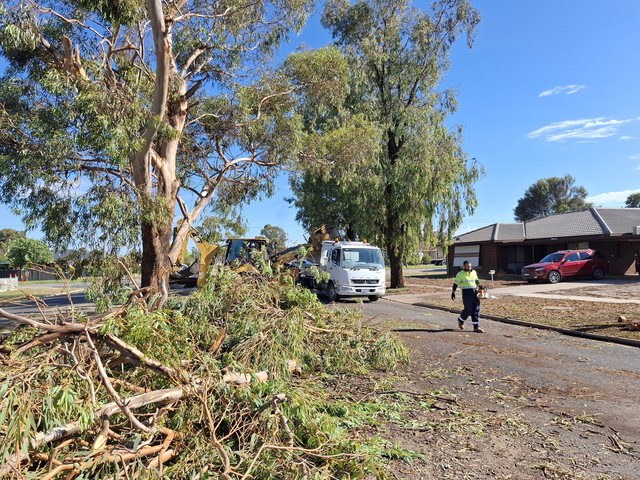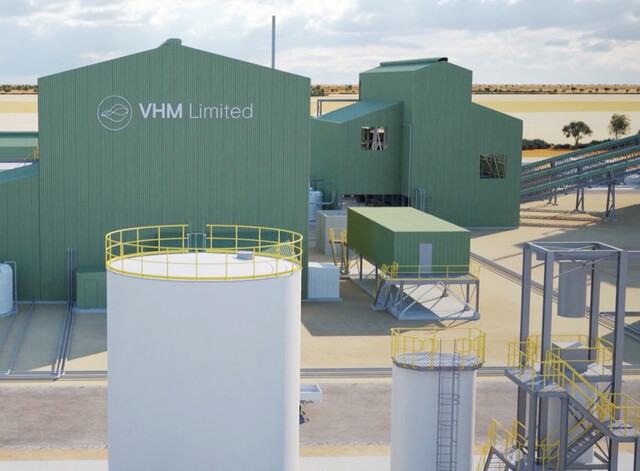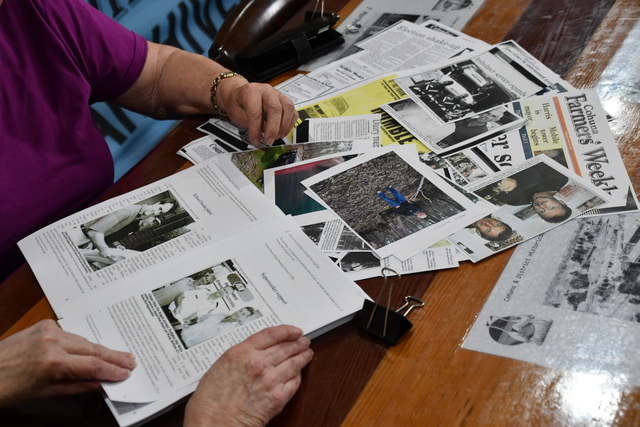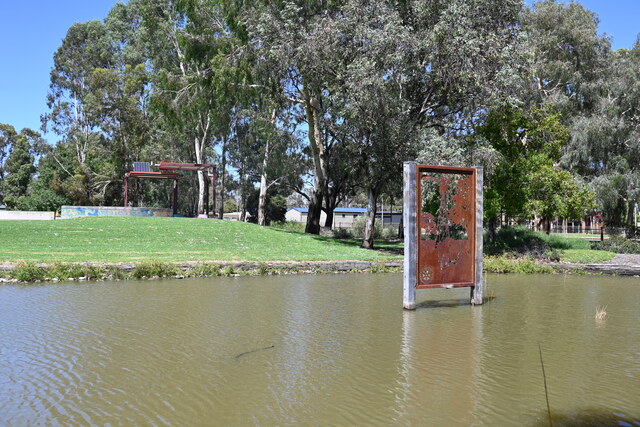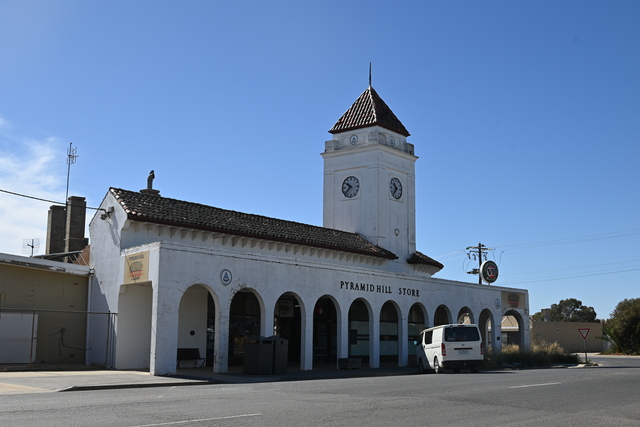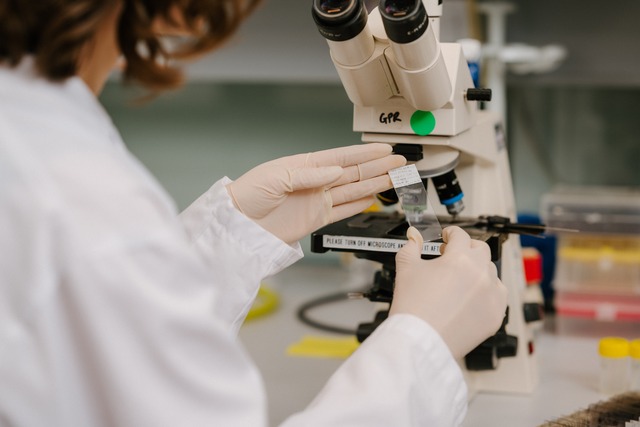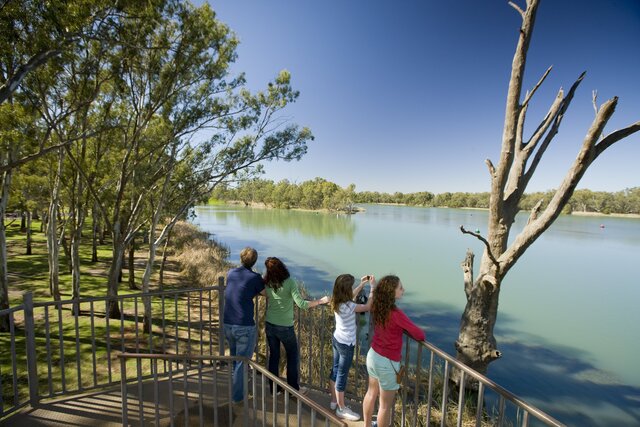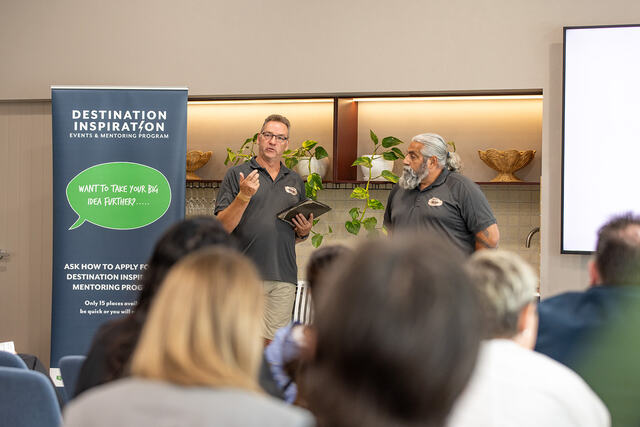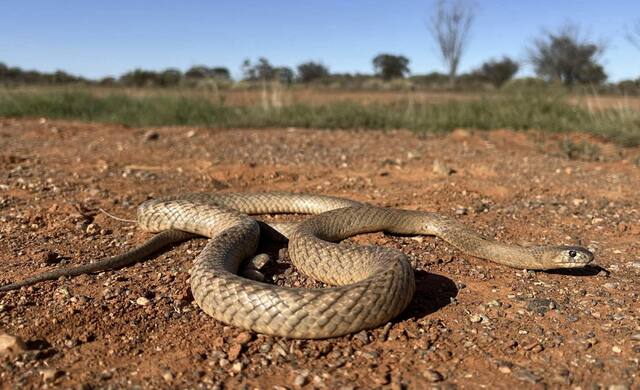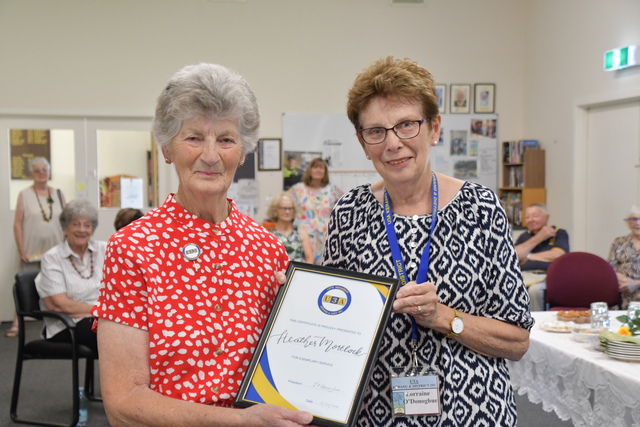HISTORICAL water buybacks created a “patchwork quilt” of dead land adjacent to prosperous farms, according to Member for Mallee Anne Webster.
The Nationals MP spoke in Parliament last week against the Water Amendment (Restoring Our Rivers) Bill 2023, which would legislate water buybacks of 450GL from local irrigators and extend the deadline to deliver the full Murray-Darling Basin Plan.
She accused Water Minister Tanya Plibersek of being “tone deaf” and not understanding irrigation communities such as the Mallee.
“Sunraysia is absolutely reliant on water,” she said.
“We have … particularly in the Gannawarra Shire, a situation where we now have a patchwork quilt.
“This is the history of buybacks, that awful time when buybacks occurred and when farmers who were doing it tough … decided, ‘No, I just can’t keep going. I have to sell my water so that I can live in retirement.’
“That has created a patchwork quilt of dead land right next to farms that are still irrigating.”
Dr Webster said this “awful” Bill would see food and fibre production, and overall value in horticulture and agriculture, depleted.
“The key point about this Bill is the fact that we do not have a socioeconomic neutrality test still in place,” she said.
“That was the saviour of the legislation before this new legislation that is being brought to the House.”
The Mildura-Swan Hill region was expected to have a gross value of production in horticulture of $2.2 billion by 2029-30.
“We are on a great and positive trajectory after the damage of the millennium drought, but now this water minister wants to seriously compromise the projected growth in my electorate through buybacks,” Dr Webster said.
“The National Farmers’ Federation water chair Malcolm Holm claims the minister is in effect saying the new round of buybacks will exceed one-third of the remaining recovery target, which is close to 1000 gigalitres.
“If the NFF are right and, say, 300 gigalitres were to be recovered via buybacks, there goes around $300 million to $350 million more in direct income from irrigated agriculture and horticulture, not to mention the indirect flow-on economic and social impacts to our local communities.”
Dr Webster said few growers were more distressed than the wine grape industry – prevalent in the Mallee electorate.
“The oversupply in that industry and the impact of China’s sanctions against Australian wine are still hurting. If this Bill passes, Labor will go into that wine market looking for so-called willing sellers – those mortgage holders who are going through a hard time.
“Let’s be clear on one thing: the government will pursue water sellers across the basin, in Victoria, South Australia, New South Wales and maybe even Queensland.
“The fact that Victoria isn’t part of this ‘deal’ on the basin plan doesn’t mean the minister is not going to come hunting for willing sellers in Victoria. The minister could perhaps come back to the House to clarify that. It seems to me that wherever there’s a willing seller, Labor will buy their water.”
Ms Plibersek said the Bill offered “more time, more options, more money and more accountability”.
“It delivers more water for the environment, more certainty for farmers and industry, more financial support for affected communities, more protection for native plants and animals, and more hope for Australia’s most important river system,” she said.
“This Bill is needed to reset the timelines, to improve the rules that have strangled water recovery and to offer a new path to delivering the basin plan in full.
“It’s about making the necessary changes to finish the job that we started, and the first of these changes is altering the rules around the 450GL of environmental water.
“We will be able to purchase water from willing sellers, where it’s needed to deliver the plan.
“Water purchase is never the only tool in the box, it’s not the first tool at hand, but it has to be one of them.”
Ms Plibersek acknowledged this was a “sensitive topic”.
“And our government will always approach it as sensitively as possible,” she said.
“Farmers in the basin produce 40 per cent of Australia’s agricultural output.
“This is critical, nation-building work, and when a community is affected by change, we will never leave them behind.
“We will provide significant transitional assistance if these voluntary water purchases have secondary impacts on communities.”



